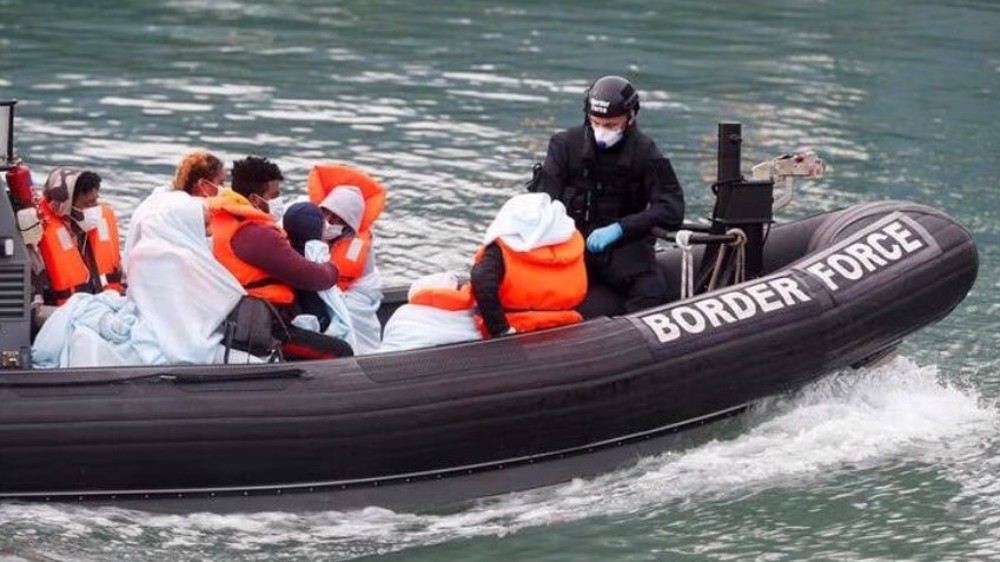
UK’s home secretary, Suella Braverman, has faced scrutiny over her immigration policy after the ambassador of Rwanda was filmed in an covert sting operation, criticizing the UK government's stance on asylum seekers, calling it as “absolutely wrong”.
Johnston Busingye, high commissioner of Rwanda who initially supported the UK government's plan to send asylum seekers to his country, said ministers needed to examine the driving forces of migration.
“It is immoral for this country to still see themselves as the refugee country, the solace country, the protection country, the compassion country. They enslaved millions of people for 400 years. They destroyed India, they destroyed China, they destroyed Africa," the Guardian newspaper quoted him as saying.
The covertly filmed encounter took place during a meeting at the Travellrs Club in St James’s in London in August. The operation was conducted by the campaign group Led By Donkeys in collaboration with journalist Antony Barnett.
Busingye, under the impression that he was meeting a representative of a Southeast Asian company interested in investing in Rwanda, candidly expressed his views.
When he was asked what would he say to the prime minister or home secretary about the UK’s immigration policy, he responded by saying he would tell them it was “absolutely wrong.”
“They should have a long-term idea…They should have a long-term policy of making it a choice for people not to risk their lives coming to the UK. Because right now, many people are not coming here because of war in their country, they’re coming here because they are hopeless. They’re coming here because they have no future,” the ambassador said.
Busingye appeared to speak dismissively about evidence that 12 refugees were shot dead by police in Rwanda over cuts to food rations in February 2018.
“Well, there is an incident in 2018 where the police shot 10 refugees. Yes, it might have happened, but so what? Here in the UK, someone is shot every day and it is on BBC and it is everywhere,” he said.
During the meeting, the ambassador appeared reluctant to give a categorical assurance that any refugees transported to Rwanda from the UK would never be returned to their home country.
“Even if it happened, in the unlikely event that it happened, how many times would it happen? And in broad daylight? We have a double British and Rwandan supervisory committee. It’s very independent,” Busingye said.
Busingye's critical comments are published after Braverman last week called for a comprehensive reform of the global migration system, where she warned that uncontrolled migration posed an “existential challenge” to Western nations.
The investigation also raises new questions about the UK government's controversial plan to send asylum seekers to Rwanda and casts a shadow over its human rights record.
In June, the Court of Appeal ruled the government's plan to be unlawful. Consequently, the government has lodged an appeal with the Supreme Court, with a hearing scheduled for October.
The UK has reportedly paid cash-strapped Rwanda 148 million dollars upfront for the deportation deal and plans on making additional payments to the African country based on the number of asylum-seekers it deports.
Human rights groups say it is immoral and inhumane to send people more than 6,400 kilometers to a country they don’t want to live in. They also cite Rwanda’s poor human rights record, including allegations of torture and killings of government opponents.





Leave a Reply